Antonín Dvořák
Story
Dvorák was born in Nelahozeves near Prague where he spent most of his life. He studied music in Prague’s Organ School at the end of the 1850s, and through the 1860s played viola in the Bohemian Provisional Theatre Orchestra which was from 1866 conducted by Bedrich Smetana.
From 1892 to 1895, Dvorák was director of the National Conservatory in New York City. The Conservatory was founded by a wealthy socialite, Jeannette Thurber, who wanted a well-known composer as director in order to lend prestige to her institution. She wrote to Dvorák, asking him to accept the position, and he agreed, providing that she were willing to meet his conditions: that talented Native American and African-American students, who could not afford the tuition, must be admitted for free. She agreed to his conditions, and he sailed to America.
It was during his time as director of the Conservatory that Dvorák formed a friendship with Harry Burleigh, who became an important African-American composer. Dvorák taught Burleigh composition, and in return, Burleigh spent hours on end singing traditional American Spirituals to Dvorák. Burleigh went on to compose settings of these Spirituals which compare favorably with European classical composition.
It was during his visit to the United States that he wrote his most popular work, the Symphony No.9 ‘From the New World’.
Also while in the USA he heard a performance of a cello concerto by the composer Victor Herbert. He was so excited by the possibilities of the cello and orchestra combination displayed in this concerto that he wrote a cello concerto of his own, the Cello Concerto in B minor (1895). Since then the concerto he wrote has grown in popularity and today it is frequently performed. He also left an unfinished work, the Cello Concerto in A major (1865), which was completed and orchestrated by the German composer Günter Raphael between 1925 and 1929.
Dvorák was a colorful personality. In addition to music, there were two particular passions in his life: locomotive engines, and the breeding of pigeons.
He eventually returned to Prague where he was director of the conservatoire from 1901 until his death in 1904. He was interred in the Vysehrad cemetery in Prague.
Details
- Composer
- Antonín Dvořák
- Date of birth
- 8 september 1841
- Nationality
- Czech
- Albums
- 20
- Tracks
- 299
20 albums
-
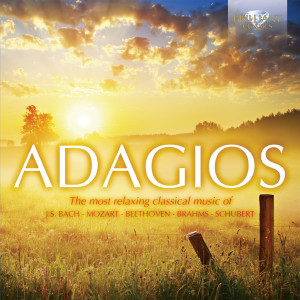
Antonín Dvořák, Maurice Ravel and 12 others
Adagios
-
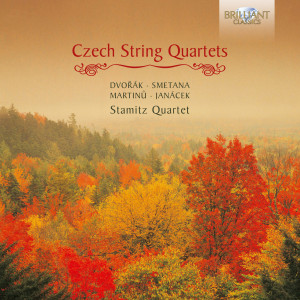
Antonín Dvořák, Bohuslav Martinu and 2 others
Czech String Quartets
-
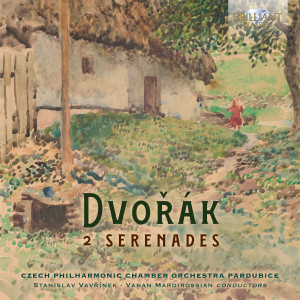
Antonín Dvořák
Dvorak: 2 Serenades
-

Antonín Dvořák
Dvořák: Cello Concerto, Silent Woods, Serenade
-
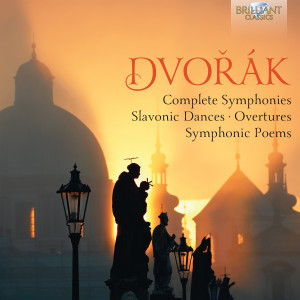
-
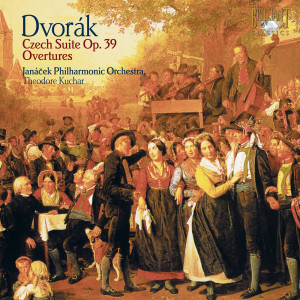
Antonín Dvořák
Dvorák: Czech Suite, Op. 39 & Overtures
-

Antonín Dvořák
Dvorák: Piano Concerto, Mazurek, Rondo
-
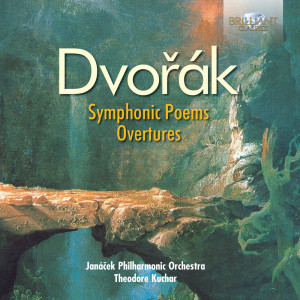
Antonín Dvořák
Dvorak: Symphonic Poems & Overtures
-
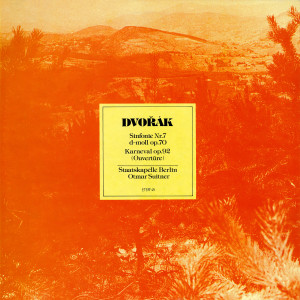
Antonín Dvořák
Dvořák: Symphony No. 7 & Carnival Overture
-
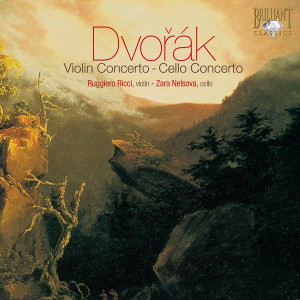
Antonín Dvořák
Dvorák: Violin Concerto, Cello Concerto
-
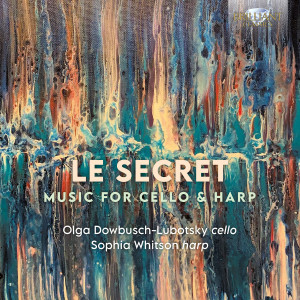
Antonín Dvořák, Camille Saint-Saëns and 9 others
Le Secret: Music for Cello & Harp
-
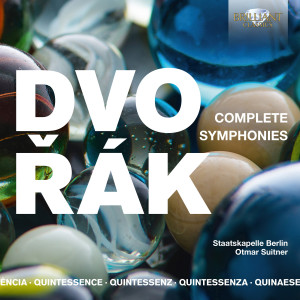
Antonín Dvořák
Quintessence Dvorák: Complete Symphonies
-

Antonín Dvořák, Camille Saint-Saëns and 3 others
Romances for Violin by Beethoven, Saint-Saëns, Dvorak, Bruch, Svendsen
-
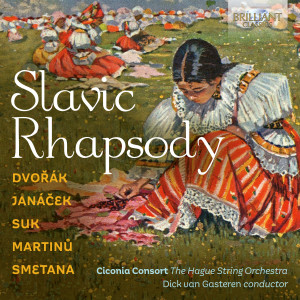
Antonín Dvořák, Bohuslav Martinu and 3 others
Slavic Rhapsody
-
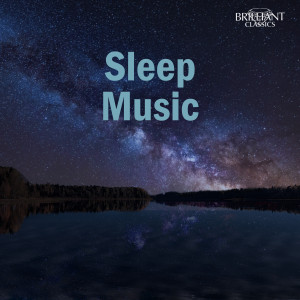
Antonín Dvořák, Maurice Ravel and 16 others
Sleep Music
-
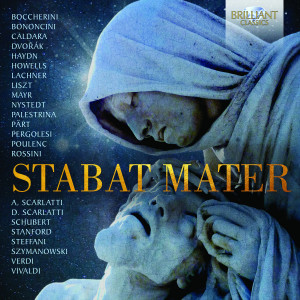
Giuseppe Verdi, Antonín Dvořák and 21 others
Stabat Mater
-

Antonín Dvořák, Camille Saint-Saëns and 13 others
The Romantic Cello
-
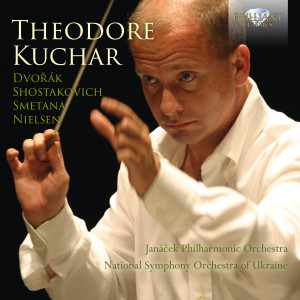
Antonín Dvořák, Dmitri Shostakovich and 9 others
Theodore Kuchar: Dvorák, Shostakovich, Smetana, Nielsen
-

Antonín Dvořák, Camille Saint-Saëns and 14 others
Top 50 Most Popular Classical Cello
-

Richard Wagner, Edward Elgar and 36 others
Top 50 Most Popular Classical Violin
